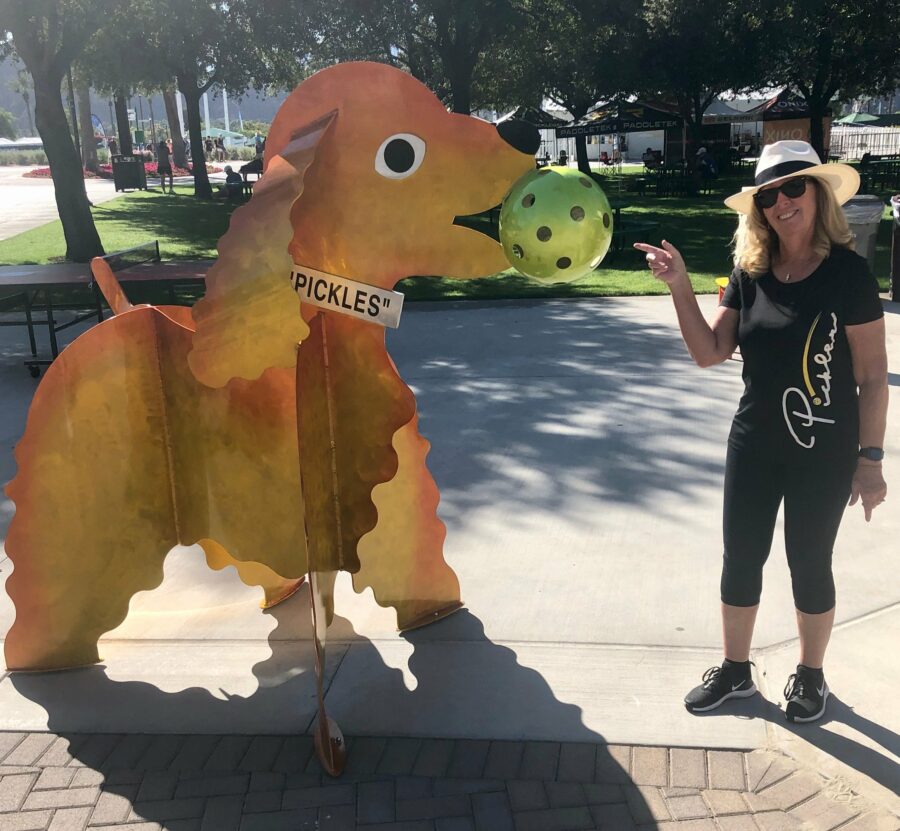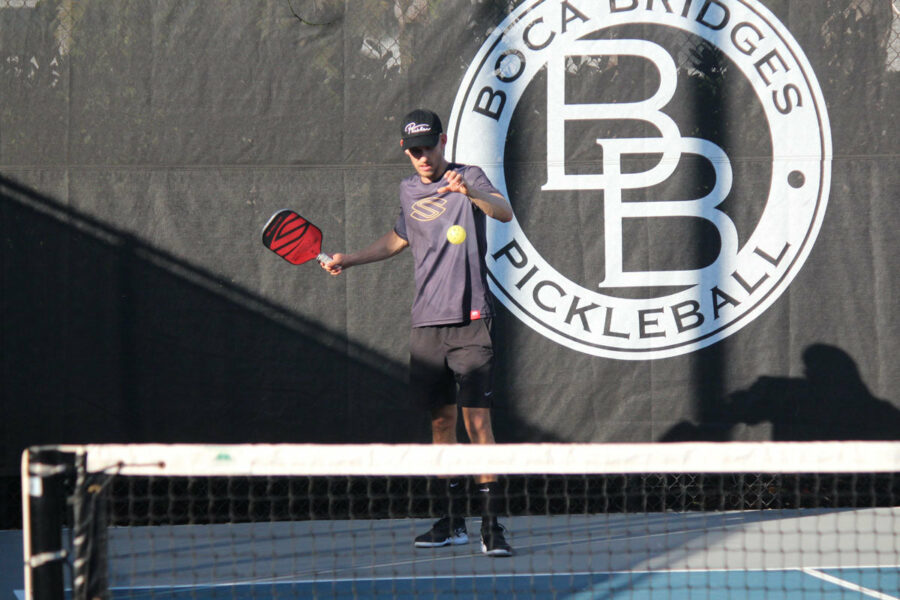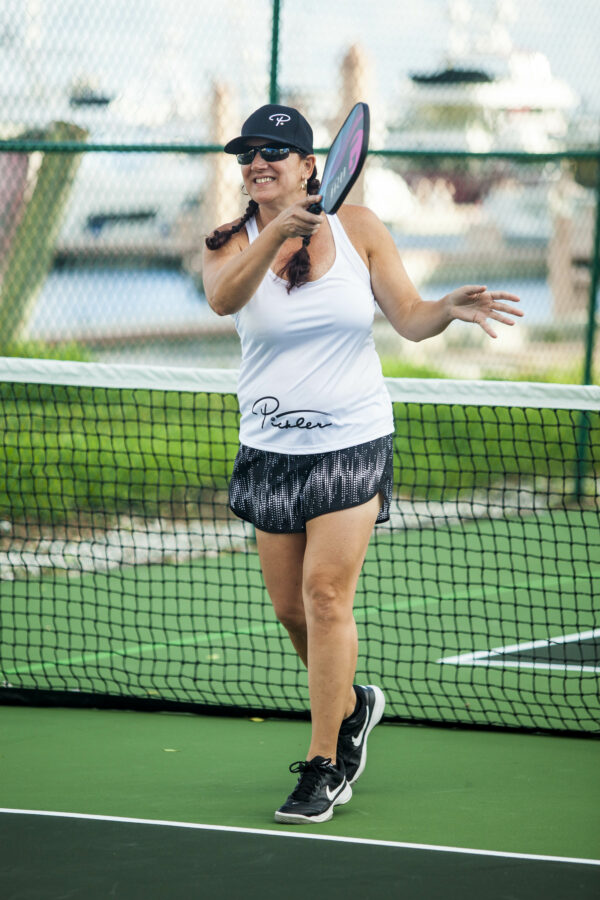Two studies were recently released by the International Journal of Exercise Science, both pertaining to the sport of pickleball. Both studies emanated from the fact that “[l]ittle research has been completed on the performance aspects” of pickleball, which has largely been touted as a great outlet for exercise, as people of all ages and backgrounds are hitting the pickleball court to stay active. These two studies tried to test facets of this overarching theory.
The first study, titled “Physical Function in Young and Older Adult Active Pickleball Players,” evaluated the handgrip strength and fatigue of an active older adult recreational pickleball player (aged 65+), compared to a young adult player (aged 18-26) of the same gender. After evaluating players who played at least three times for week, the authors of this study concluded that:
- The “lower body physical function (e.g., walking speed/distance, balance, lower body strength) is largely maintained” between the older players and younger players, but the upper body strength/fatigue was not.
- As a result, “[p]ickleball should be combined with meeting resistance training guidelines to maintain whole body physical function with aging.”

The second study, titled “Does Neuromuscular Fatigue Occur from One Doubles Pickleball Match?,” evaluated just that—does one doubles pickleball match cause neuromuscular fatigue. To test this, the authors of the study measured countermovement jump performance before and after just one match, which is a way to measure lower body force production and any fatigue of that production. After performing these tests, the authors of this study concluded that:
- One doubles pickleball match may not cause fatigue.
- “[R]ather, one doubles match may actually warm up players to actively recruit motor units required to have a more powerful jump.”
With that said, the two takeaways for pickleball players are:
- Supplement your pickleball play with cross training—particularly, weight and resistance exercises to maintain full body function.
- To play at your peak pickleball performance, warm up or play a practice game, as you will have quicker, more powerful movements after the first match of the day.
Paulson, LeighAnne T.; Martin, Eric; Adams, Kent J. FACSM; and Lawrence, Marcus M. (2023) “Physical Function in Young and Older Adult Active Pickleball Players,” International Journal of Exercise Science: Conference Proceedings: Vol. 14: Iss. 3, Article 8.
Available at: https://digitalcommons.wku.edu/ijesab/vol14/iss3/8
Ritchey, Matthew; Falknor, Margaret; Beckham, George; and Martin, Eric (2023) “Does Neuromuscular Fatigue Occur From One Doubles Pickleball Match?,” International Journal of Exercise Science: Conference Proceedings: Vol. 14: Iss. 3, Article 115.
Available at: https://digitalcommons.wku.edu/ijesab/vol14/iss3/115




